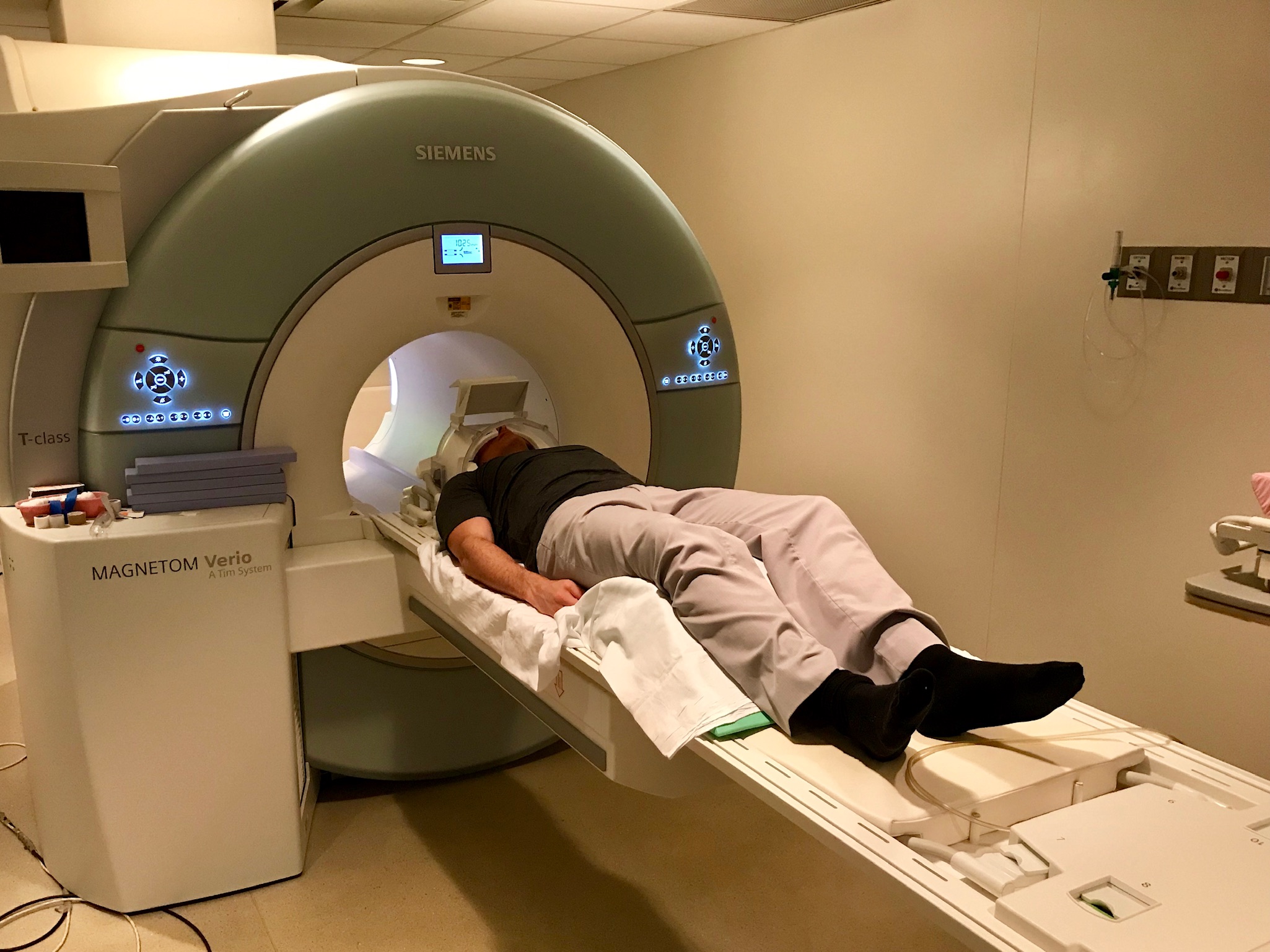Deciphering Brain Changes in Space: A New Challenge
Researchers uncover difficulties in measuring spaceflight's impact on the brain, calling for innovative methods.

Up, Up, and Away: The Brain's Uncharted Journey in Space
Imagine, if you will, a world where humans live not beneath the blue sky and among the rustling trees, but amidst the silent ballet of stars and planets. This isn't the stuff of science fiction anymore; it's the reality we're inching closer to with every rocket launch. But as we reach for the stars, we encounter challenges that tether us to our earthly cradle, reminding us that humanity is, at its core, an organism evolved to thrive under very specific conditions. One of the most fascinating revelations in this journey comes from a problem you might not have considered: how space travel affects the human brain.
On March 7, 2025, NASA unveiled findings that highlight a peculiar hurdle in our understanding of space's impact on astronauts: measuring changes in brain volume. It turns out that the lack of gravity in space causes the brain to shift upward within the skull, complicating efforts to distinguish between different types of brain tissue. This shift, previously interpreted as an adaptation to the microgravity environment, now presents a puzzle, suggesting that space itself might be reshaping the very organ that makes us who we are.
The Gravity of the Situation
At the heart of this discovery is the brain's reaction to the absence of gravity. On Earth, our bodies, including our brains, are constantly under the influence of gravity. It's a force that shapes how blood flows, how our muscles work, and even how our cells are structured. Remove that force, and the body starts to adapt in ways we're only beginning to understand.
The upward shift of the brain during spaceflight creates a unique challenge for scientists trying to measure changes in brain volume. It's akin to trying to measure the shape of a balloon as it floats under water, then again in the air; the environment itself changes the object being measured. This phenomenon has led to errors in distinguishing the brain's white matter from its gray matter, a crucial distinction for understanding how spaceflight affects brain structure and function.
A New Frontier in Neuroscience
This revelation from NASA demands a novel approach to studying the brain in space. Traditional methods of analyzing brain volume and structure on Earth don't account for the peculiarities of microgravity. This means that as we prepare for longer missions - possibly to Mars or beyond - we need to develop new techniques and technologies that can accurately monitor how the brain adapts to life among the stars.
The implications of this are vast. For astronauts, it's about ensuring their health and cognitive function remains intact during and after their missions. For the rest of us, it's a reminder of how interconnected our bodies and brains are with the planet we call home. The changes observed might also offer insights into conditions that affect brain pressure and fluid shift on Earth, such as certain types of hydrocephalus or the impacts of long-term bed rest.
The Human Story Beyond the Stars
Behind every suit helmet visor is a human being, experiencing the vastness of space in the most intimate manner possible. This research touches on the essence of what it means to be human in an environment that is anything but humane. Astronauts venturing into space are not just exploring the cosmos; they are also pioneers on an inward journey, mapping out uncharted territories of human biology and psychology.
Dr. Jane Holloway, a neuroscientist involved in the study, shared her perspective: "Every time we send humans into space, we learn more not just about the universe, but about ourselves. These findings underscore the adaptability and resilience of the human brain, and they open up new questions about what it means to be human in the vast expanse of space."
Reflections on an Infinite Canvas
As we stand at the threshold of a new era in space exploration, we're reminded that the final frontier isn't just out there in the cold, dark void. It's also within us - in the beating of our hearts and the firing of our neurons. Space travel challenges us to rethink our place in the universe, not just as inhabitants of a pale blue dot but as explorers of the infinite, both outside and within.
This journey into the cosmos is more than a tale of rockets and planets; it's a story about the human spirit, our insatiable curiosity, and our relentless pursuit of knowledge. The challenges we face, like understanding the space-induced changes in our brains, are mere steps on the path to understanding the cosmos and our place within it.
This article was based on news originally published by NASA. Read the original article here.
#astronomy #science #space #nasa #orbitnews